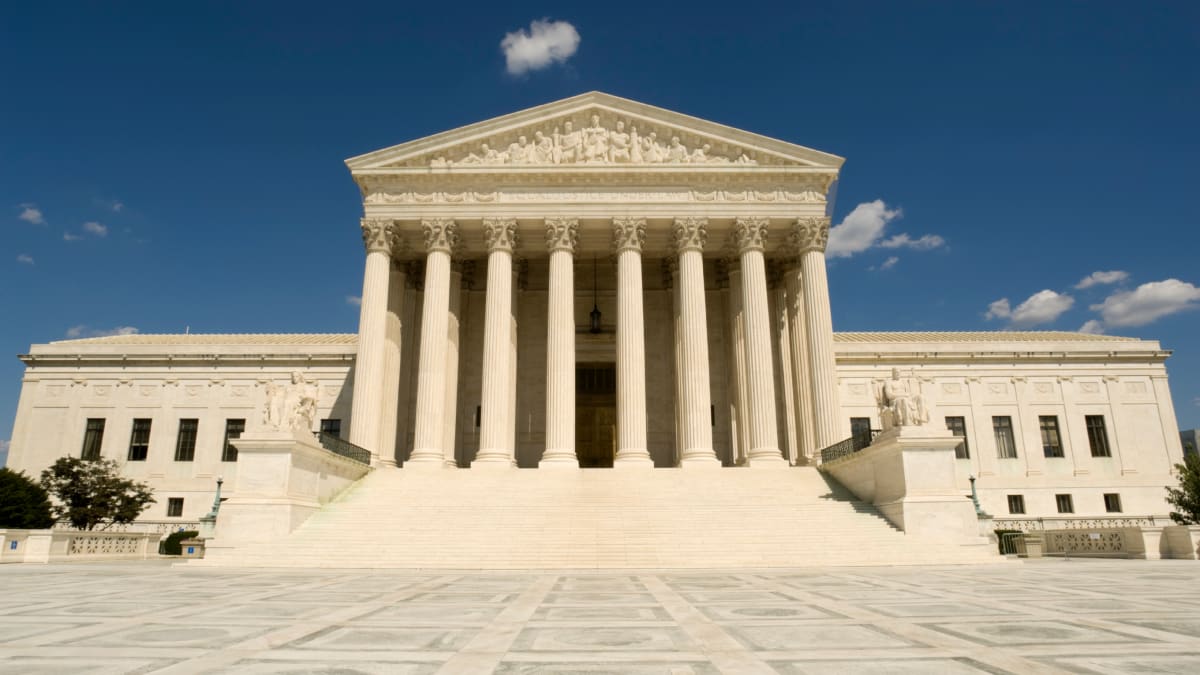Press Releases
Legal, Corruption Experts Slam SCOTUS Unenforceable Ethics Suggestions

WASHINGTON, DC – Following months of intense scrutiny and bombshell reporting resulting in a full-blown corruption crisis, the Supreme Court yesterday announced a set of unenforceable ethics guidelines, most of which were not new. As details emerged, it became clear that the document — which included no enforcement mechanism — was nothing more than a PR stunt by a badly bruised court mired in a growing ethics crisis.
Lawmakers, legal and ethical experts, watchdogs, and advocates weighed in:
- Accountable.US President Caroline Ciccone told USA Today the document more than “fails to meet the moment” and is “apparently unenforceable.”
- Senator Sheldon Whitehouse (D-RI), a leading proponent of government transparency and judicial reform, pointed out that “a code of ethics is not binding unless there is a mechanism to investigate possible violations and enforce the rules.”
- Senate Judiciary Chairman Dick Durbin (D-IL) noted that the announcement “falls short of what we could and should expect of a code of conduct.”
- Members of Congress focused on transparency and oversight, Senator Elizabeth Warren (D-MA) and Representative Katie Porter (D-CA) called the rules “useless” and “convenient,” given recent investigations into lavish gifts from Supreme Court billionaire benefactors.
- Stephen Vladeck, a legal expert and law professor at the University of Texas, called the lack of enforcement protocol in the document “the elephant in the room,” noting that “even the most stringent and aggressive ethics rules don’t mean all that much if there’s no mechanism for enforcing them. And the justices’ unwillingness to even nod toward that difficulty kicks the ball squarely back into Congress’ court.”
- NYU law professor and host of Crooked Media’s Strict Scrutiny podcast, Melissa Murray, called the announcement a “nothingburger of an ethics code.”
- Northwestern University legal ethics expert Steven Lubet acknowledged the guidelines’ shortcomings, specifically in the case of recusals, saying, “Nobody should be the sole determiner of their own biases.”
- Kathleen Clark, a law professor at Washington University in St. Louis specializing in legal and government ethics, addressed the code of conduct’s shortcomings. She told PBS that, “it’s basically a failure to address those really important questions of who is it that will hold justices accountable, and how will they be held accountable?”
- United for Democracy, a coalition focused on reigning in extremism at the high court, called the new set of rules “woefully inadequate.”
- Fix the Court executive director Gabe Roth told NBC News: “If the nine are going to release an ethics code with no enforcement mechanism and remain the only police of the nine, then how can the public trust they’re going to do anything more than simply cover for one another, ethics be damned?”
- Court accountability advocate and former Sen. Whitehouse staffer Alex Aronson said: “Absurdly, the new SCOTUS “ethics” code establishes a lower ethical standard for recusal than what the justices are already bound by under federal statute. Make this make sense.”
